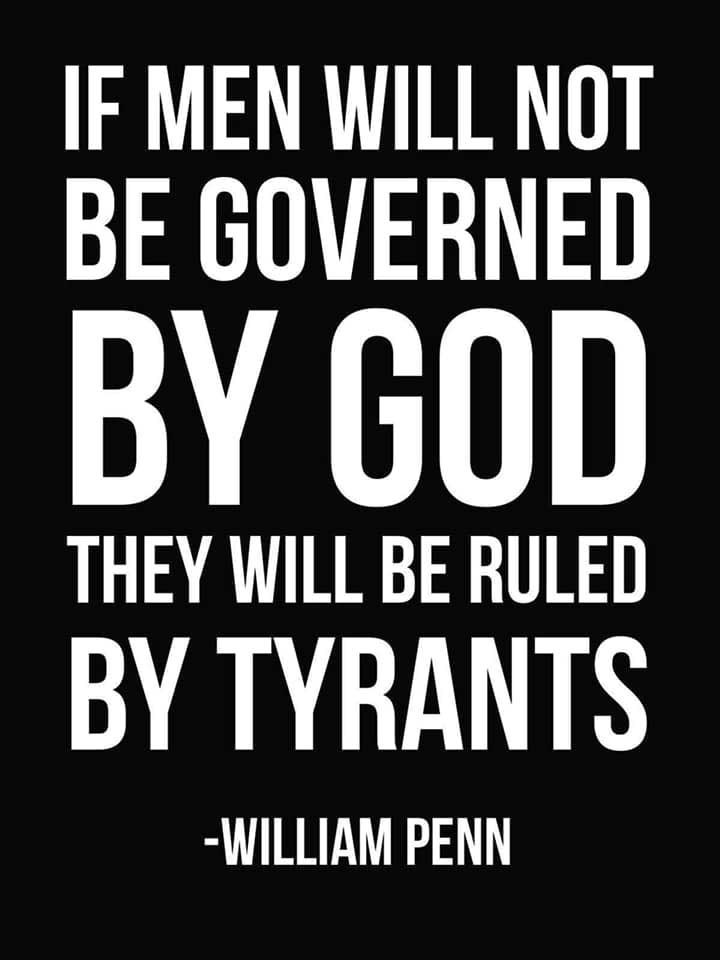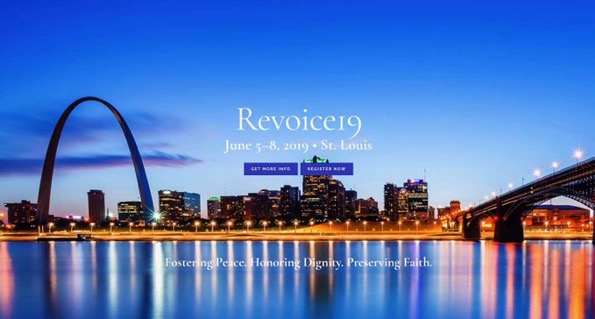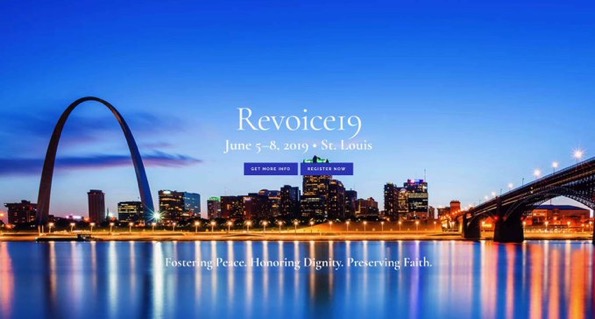Universally Binding Standards
I am delighted to see how many young people are committed to universal justice. But, at the same time, modern society tends to be deeply incoherent. On the one hand our culture demands justice for the oppressed and impartial benevolence toward all. On the other hand it teaches that no one has the right to declare right and wrong to anyone else, as secularism asserts that every person must determine his or her own moral values. This is cognitive dissonance. It demands moral behavior of others and yet insists morality is relative. The idea undermines itself. The promotion of universal justice, human rights, self-sacrifice, a commitment to human dignity and considering the poor can only coherently make sense in a world where morality is objective and whose source is God. Either stop moralizing others or stop pretending to believe morality is relative/subjective. You can't hold to both at the same time and expect people to take you seriously.
If you lie to yourself in this way, you are not helping. It is a type of willful blindness to the real source of the problem. This means if you are fighting for justice with human wisdom alone, with no thought to where human dignity comes from, you are keeping humanity in the very bondage and slavery you claim to be fighting against. We cannot merely judge policies by their "good intentions" but by a consistent commitment to the truth, in a way that corresponds with reality. The real remedy for our problems cannot be based on a lie.

 It is not difficult to notice the overwhelming number of people who express their moral outrage toward social and political issues on social media. They find it natural to pronounce judgment on issues that offend them. Ironically, many of these same persons find the idea of the final judgment of God to be offensive. I've had numerous friends express to me that the concept of a final judgment of wheat and tares, sheep and goats, to be a stumbling block for them.
It is not difficult to notice the overwhelming number of people who express their moral outrage toward social and political issues on social media. They find it natural to pronounce judgment on issues that offend them. Ironically, many of these same persons find the idea of the final judgment of God to be offensive. I've had numerous friends express to me that the concept of a final judgment of wheat and tares, sheep and goats, to be a stumbling block for them.
